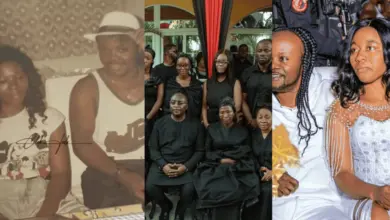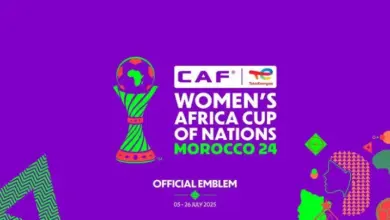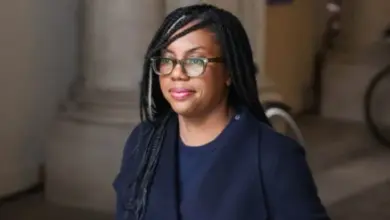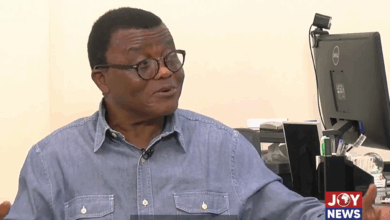‘Prioritise practical, people-centred solutions to empower local governance structures’
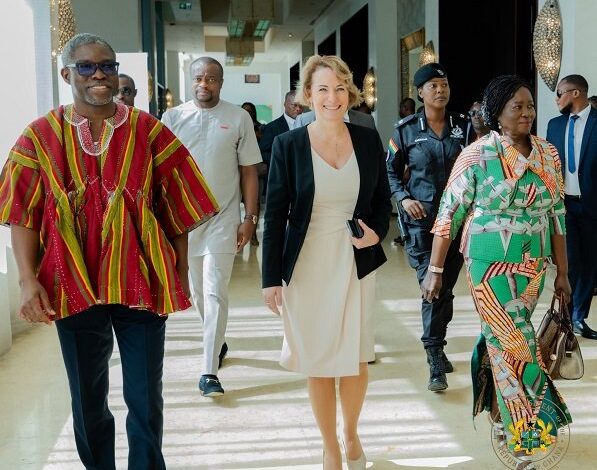
STAKEHOLDERS in Ghana’s local governance sector have been called upon to prioritise practical, people-centred solutions that empower local government structures and deepen citizen engagement.
The call was made by Dr Gameli Kewuribe Hoedoafia, Executive Secretary of the Inter-Ministerial Coordinating Committee on Decentralisation (IMCCoD), at the just ended two-day National Dialogue on Decentralisation and Responsive Governance in Accra.
The event was held on the theme: “Resetting Decentralisation for Responsive Local Governance and Effective Service Delivery.”
Dr Hoedoafia emphasised that citizens could only fully benefit from governance when essential services, such as education, healthcare, sanitation, and market management, were effectively delivered at the local level.
“Decentralisation is not a policy luxury, but a necessity,” he stated, adding that “governance must be responsive, inclusive, and accountable.”
Dr Hoedoafia noted that Ghana’s decentralisation journey, which formally began in 1988 and was later entrenched in the 1992 Constitution, laid the foundation for devolving administrative and financial authority to local governments.
However, he acknowledged persistent challenges, including weak fiscal decentralisation, overlapping institutional mandates, and the debate that surrounded the election of Metropolitan, Municipal, and District Chief Executives (MMDCEs).
The IMCC Executive Secretary expressed hope that the dialogue would mark a turning point in the country’s local governance system, adding that, “Let history record that this dialogue was not another meeting or talk shop, but the moment when Ghana pressed the reset button.”
The dialogue brought together key national leaders, including Vice President Professor Naana Jane Opoku-Agyemang, Minister of Local Government, Chieftaincy and Religious Affairs, Mr Ahmed Ibrahim, Chief of Staff at the Office of the Vice President, Mr Alex Segbefia, and former Local Government Minister Professor Kwamena Ahwoi.
Also, in attendance were heads of key institutions such as Professor Lord Mensah, Head of the Local Government Service; Dr Kwadwo Yeboah, CEO of the Land Use and Spatial Planning Authority (LUPSA); Mr William Kartey, Chief Director at the Office of the Head of Civil Service; and Ms Fati Bodua Seidu, Chief Director at the Attorney General’s Department and Ministry of Justice.
The IMCCoD, chaired by the President, serves as Ghana’s highest body for Inter-Sectoral Coordination on decentralisation and local governance. It plays a strategic role in guiding reforms and overseeing the implementation of the National Decentralisation Policy and Action Plan.
BY BENJAMIN ARCTON TETTEY
🌍 Trusted News. Real Stories. Anytime, Anywhere.
✅ Join our WhatsApp Channel now! https://whatsapp.com/channel/0029VbAjG7g3gvWajUAEX12Q



